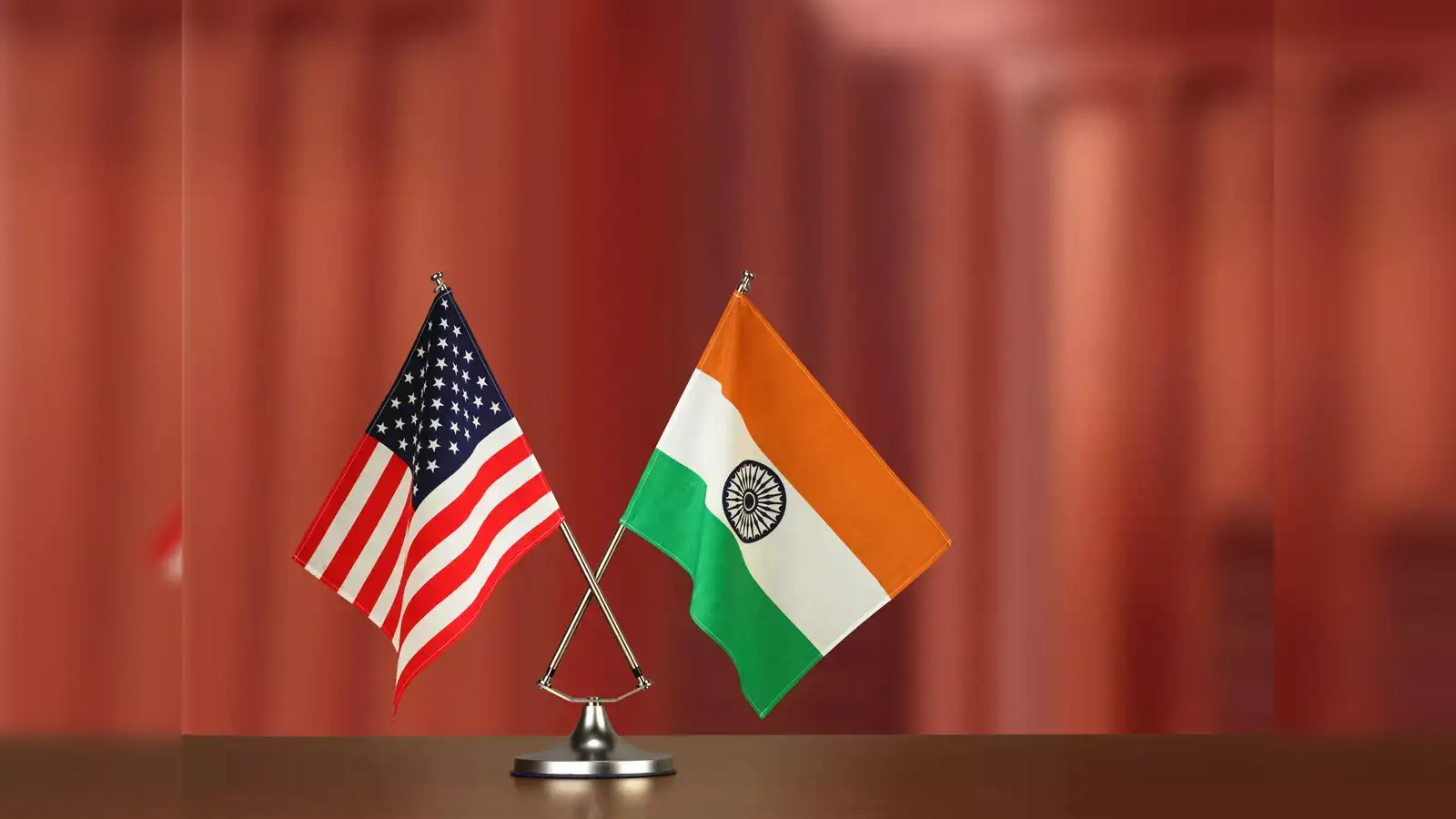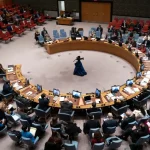India has proposed eliminating tariffs on a limited volume of US steel, auto components, and pharmaceuticals as part of a reciprocal “zero-for-zero” offer aimed at accelerating a bilateral trade agreement with the United States. According to sources familiar with the matter, standard import duties would still apply beyond the agreed quota of duty-free goods.
This significant trade gesture was presented by Indian trade officials during high-level discussions in Washington last month. The goal is to conclude an early trade deal by the fall, ahead of the expiration of a 90-day moratorium on retaliatory tariffs imposed during former US President Donald Trump’s administration.
As the US grapples with economic contraction, Trump recently indicated that interim trade deals with partners, including India, could be finalized imminently—potentially this week—offering relief to nations trying to avoid steeper US import duties. Other Asian countries like South Korea and Japan are also engaged in similar negotiations.
In parallel, the US has pressed India to address concerns over its Quality Control Orders (QCOs), which American officials view as opaque non-tariff barriers. These mandatory benchmarks for product standards have increased sharply in recent years—from 14 before 2014 to over 140 by 2017—prompting scrutiny from trading partners.
India has signaled willingness to review QCOs in specific sectors such as medical devices and chemicals. Moreover, it has proposed a mutual recognition agreement, allowing both countries to accept each other’s regulatory frameworks—potentially removing a major hurdle to US exports.
While it remains uncertain whether these proposals will be included in the final agreement, they mark a strong push from both sides to strengthen economic ties amid global trade tensions.













